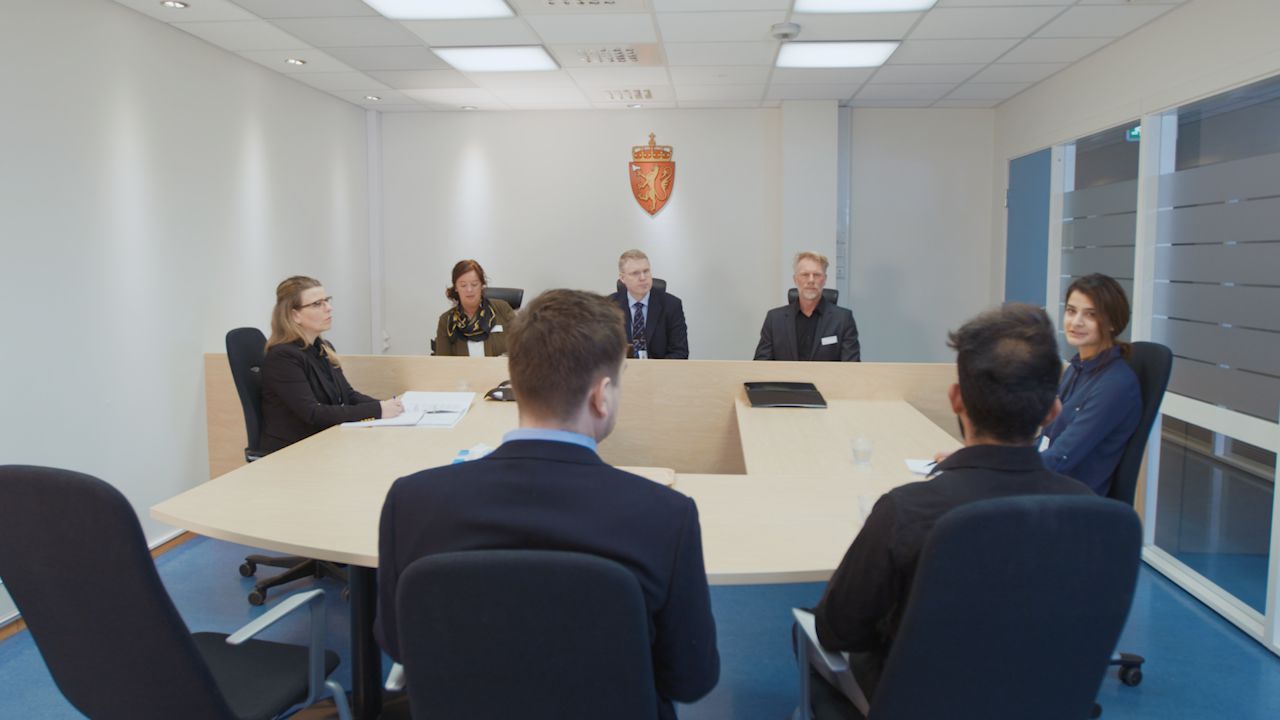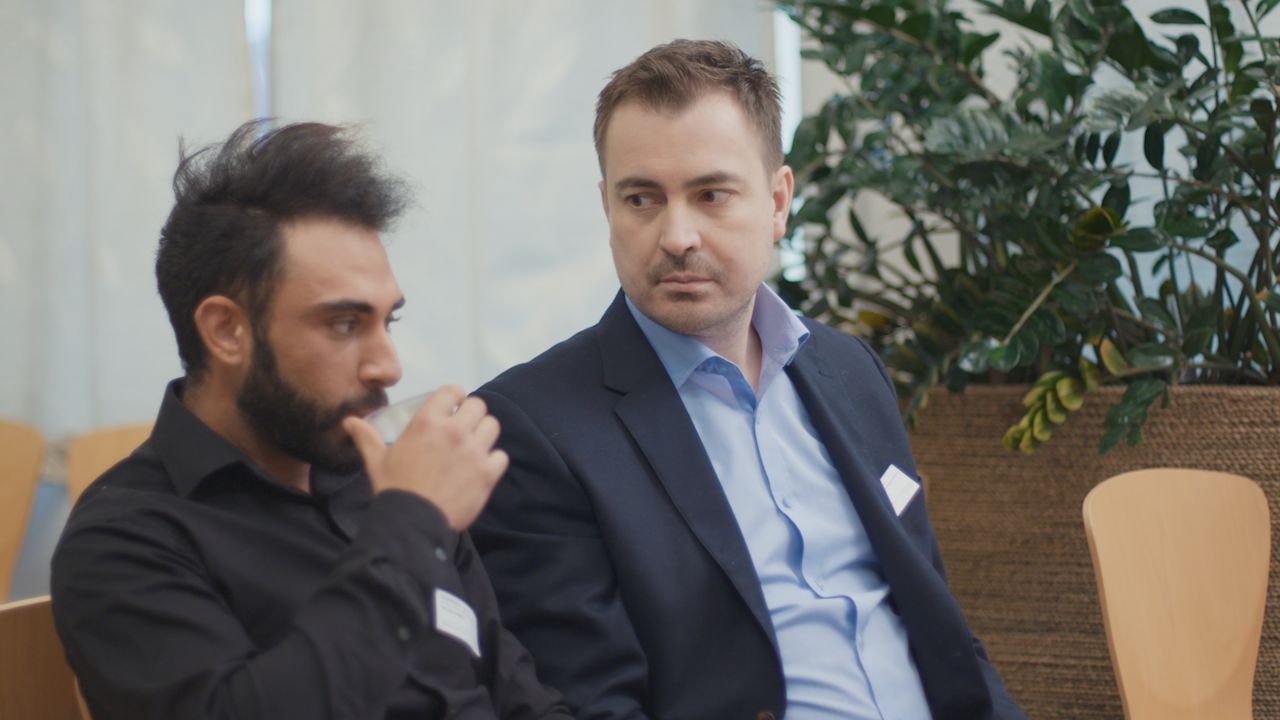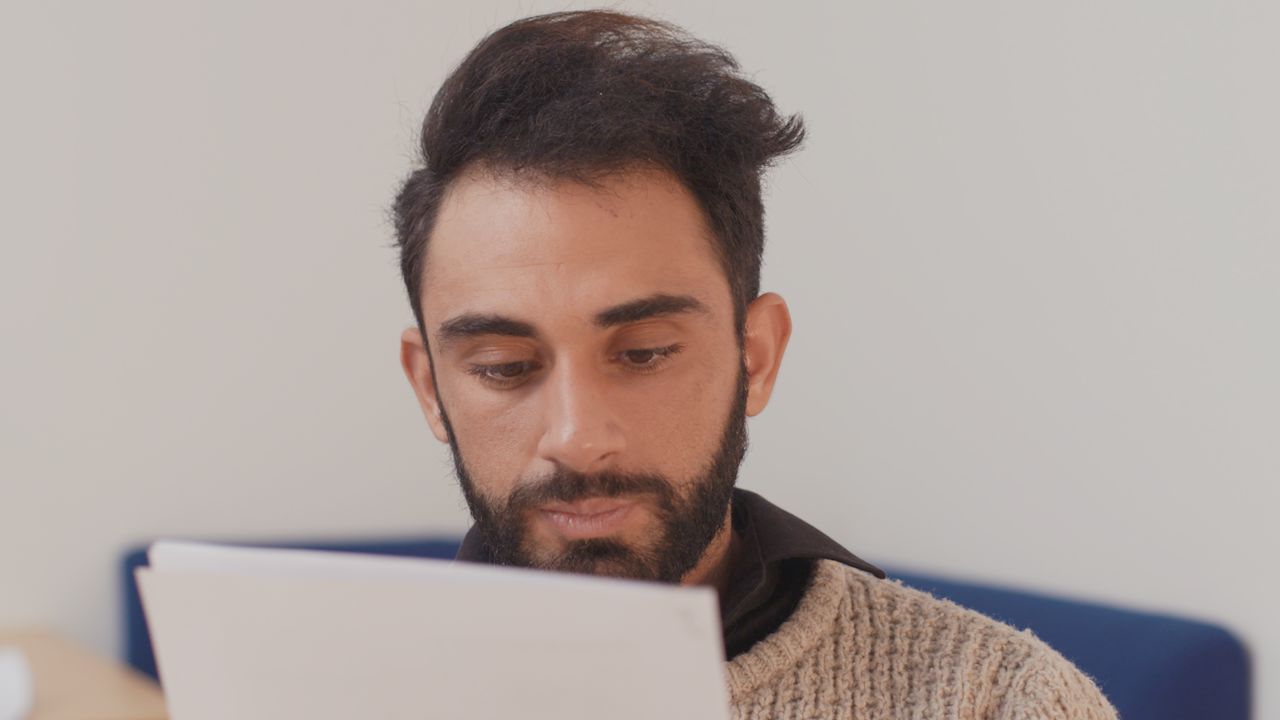- You are entitled to bring a lawyer or other authorised representative to the hearing
If you do not have a lawyer, you can contact an organisation and request assistance. Examples of organisations are:
The Norwegian Organisation for Asylum Seekers (NOAS)
JussBuss
Selvhjelp for innvandrere og flyktninger ('Self-help for immigrants and refugees' (SEIF)
JURK (legal advice for women) -
Be prepared for the topic of the hearing
The topic of the hearing might be the whole case, but it could also be part of the case and we will then let you know in advance. Always read the last decision you received and talk to your authorised representative.
-
Are there are errors or misunderstandings in your case?
If you believe that an error has been made or that there are misunderstandings in your case, you must let us know. For example, this might be in the asylum interview or in the UDI's decision. You do not need to tell us what is in the appeal, since we have read this in advance.
-
Remember that everyone at the board hearing has a duty of confidentiality
Everyone at the board hearing is bound by a duty of confidentiality. This means that they are not allowed to talk about your case in other places. You can therefore freely speak your mind. The hearing is conducted in a closed session so that outsiders will not know what is being said.
-
If you have new information about your case, you must present it before the hearing
If you have new information or wish to present documents, you or your authorised representative must send us this well before the hearing, so that the board can be well prepared.
-
We must have your identity documents
Identity is often an important topic at the hearing. If you have, or can obtain, a passport or other identity documents from your home country, you must send us these well before the hearing. The documents should be originals. Your identity is the sum of various information that tells others who you are. Examples of such information is your name, date of birth, who your parents are and where you were born. If you do not have documents to show all of these things, it is still important that you send us as much as possible.
-
Let us know if you have any special requirements
If you have any special requirements because of a disability, health problem or other special need, let us know as soon as possible.
Measures to control infection
UNE no longer has any particular infection control measures in place during board meetings. Some of our infection control measures in connection with board meetings are continued as ordinary routines, such as available antibac dispensers and plexiglas that physically separate the board members and complainants/lawyers during the board meeting.
- If you have tested positive for COVID-19, you should stay at home and not attend a board meeting. This is in line with the recommendation of national health authorities. You will find more information about current rules and recommendations at Helsenorge.no (external link).




























